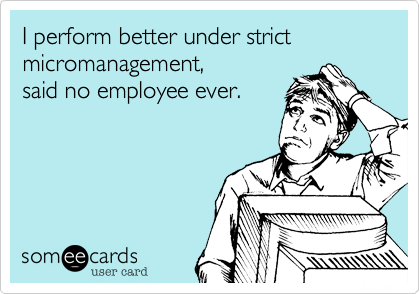Premium Work Costs A Premium.
Contract workers often come at a premium rate.
This article outlines what you’re getting for your money, and why it’s worth it.
Experience And Adaptability
Contractors have paid their dues in years and variety of experience.
It takes money to save money.
It takes money to make money.
It takes guts to spend money.
When you’re hiring a business management consultant on contract, it’s usually because:
- you need a certain type of work done for a short amount of time / a project (defined as a temporary endeavour)
- you don’t have the in-house expertise
- you’re a big corporation and you need the liability coverage (although in these cases, you’d hire one of the big consulting giants. This article focuses on the smaller consulting companies or 1 or a few employees.)
In the case of #’s 1 and 2, a contract consultant is the perfect solution.
Experience and Adaptability
After doing your due diligence, you’ll hire them based on their experience with doing what it is you’re hiring for. They’ve done it before, which means they know how to do it again.
Time Savings
The consultant has also likely done it a few times before, which makes the time they spend very valuable. What might take a junior or intermediate days, could take a contractor hours.
Specialization, Generalization, And Sustainability
Contractors often have a wide variety of skills, capabilities, and often many credentials to back them up.
Specialization
When hiring, you may be looking for someone who’s worked with ERP’s or CRM’s, or in the public sector, or in FinTech. Whichever your specialization requirements are, consultants are out there with the know-how.
Generalization
Often, as in my case, consultants become generalists. That doesn’t take away from the specializations they are capable of, but they’ve specialized in a number of areas.
Look at me, for example. I’ve progressively specialized in:
- Project Management,
- Change Management,
- Process Improvement,
- Methodologies and,
- Talent & Capability Management.
Why do consultants like me do this? Because it’s tough business working for yourself, and the more you can do, the more useful you are.
That said, all of that makes me a sort of generalist; whatever you need, I’ve likely done it before – a few times. Which also means I’ve learned best practices from personal experience along the way.
Sustainability
One of the best reasons to work with a consultant is because they work themselves out of a job.
What do I mean by this?
Well, they know from the start of the initiative that they aren’t going to be there forever. That leads a good consultant to do a few things:
- List out everything they’ve done as they go with notes on what worked, what didn’t. This will act as a checklist for a full-time employee or another consultant to pick up for the next initiative.
- Build a guideline for what they worked on. This will act as a blueprint for the ultimate owner of the project once it’s business as usual (BAU).
The Level Of Management Is Needed
Onboarding
If your company has extensive onboarding and training documentation, then you’re at par between a full-time employee and a consultant there, but if not, a consultant’s adaptability will come in handy.
People Management
Consider how much time your manager will need to oversee your hire. If you have very busy People Managers, the it might be better to go with a consultant who can work independently utilizing their extensive skills.
Why Consultants Are Worth The Premium Fee
Contractor rates can be higher than the cost of a full-time employee, at first. But here are a few things to consider when choosing between the two:
- You get what you pay for. Full-time employees often don’t come with the level or breadth of experience that a consultant does.
- If you don’t have extensive onboarding/training, a consultant will have experience with adapting to new environments and technologies and can be “on the job” quicker than a full-time employee. They know they have an expiry date – so they have to.
- What the consultant builds will be high quality, and can be leveraged for employees. It’s often a good idea to work with a professional consultant upfront, and then move to full-time hires.
Summary
Hiring full-time employees is beneficial for many reasons, like longevity, building in-house capabilities, social and morale reasons, tax purposes, and more. The decision to hire a consultant should depend on whether you already have the available in-house talent, if you’re looking to tap into innovative areas that you aren’t yet in and you’re looking for an effective way to break in, or if you just need something done well – without having to spend a lot of time managing someone.




